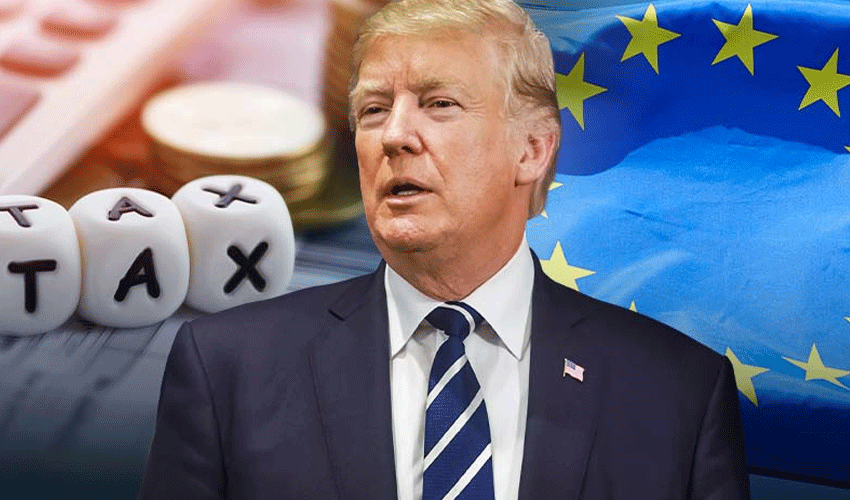U.S. President Donald Trump announced on Tuesday that he intends to impose import tariffs of around 25% on automobiles and similar duties on semiconductor and pharmaceutical imports. This decision could mark a major shift in international trade policies.
On Friday, Trump stated that automobile tariffs could take effect on April 2, the day after his cabinet members are scheduled to present reports outlining various import duty options as part of his plan to reshape global trade.
Trump has long criticized what he perceives as unfair treatment of U.S. automobiles in foreign markets. For example, the European Union imposes a 10% duty on vehicle imports, four times the 2.5% tariff rate the U.S. applies to passenger cars. However, the U.S. imposes a 25% tariff on pickup trucks imported from countries other than Mexico and Canada, making these vehicles highly profitable for Detroit automakers.
EU Trade Chief Maros Sefcovic is set to meet with U.S. officials in Washington on Wednesday to discuss the tariffs threatened by Trump. When asked whether the EU could avoid the reciprocal tariffs he proposed last week, Trump reiterated his claim that the EU had already signaled a willingness to lower its tariffs on U.S. cars, although EU lawmakers have denied this.
Additional Tariffs on Pharmaceuticals and Semiconductors
Speaking to reporters at his Mar-a-Lago estate in Florida on Tuesday, Trump stated that tariffs on pharmaceuticals and semiconductor chips would start at “25% or higher” and would rise substantially over the course of a year. However, he did not provide a specific date for their implementation, saying he wanted to allow drug and chip manufacturers time to establish U.S. production facilities to bypass the tariffs.
Trump also mentioned that he expects some of the world’s biggest companies to announce new investments in the U.S. in the coming weeks, though he did not provide further details.
Suspended Auto Tariffs
A 25% import tariff on automobiles would be a game-changer for the global automotive industry, which is already facing uncertainty due to Trump’s tariff policies.
A similar situation arose in 2018 and 2019 when the U.S. Commerce Department conducted a national security investigation into auto imports, concluding that they weakened the domestic industrial base. At that time, Trump had threatened 25% auto tariffs but ultimately did not act on them, allowing the authority from that investigation to expire.
However, research conducted during the 2018 investigation could be repurposed or updated as part of a new automotive tariff initiative.



